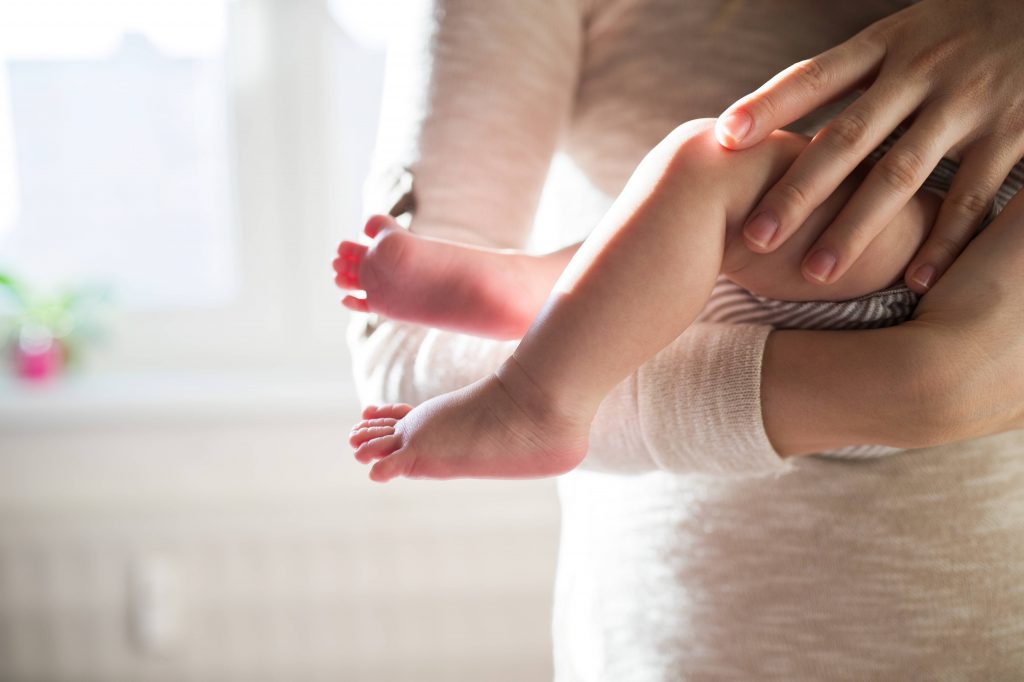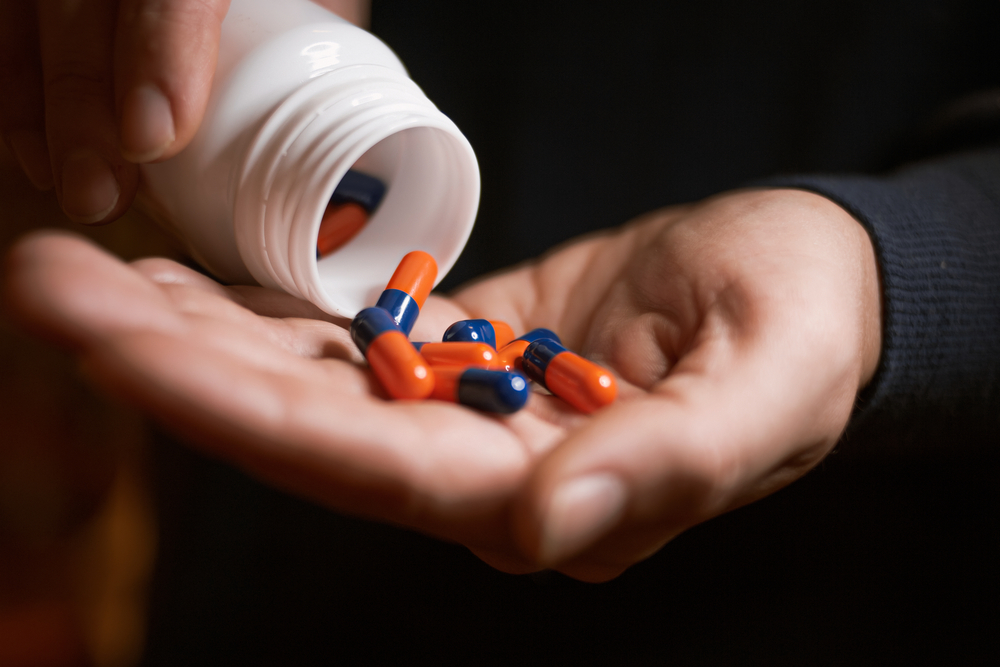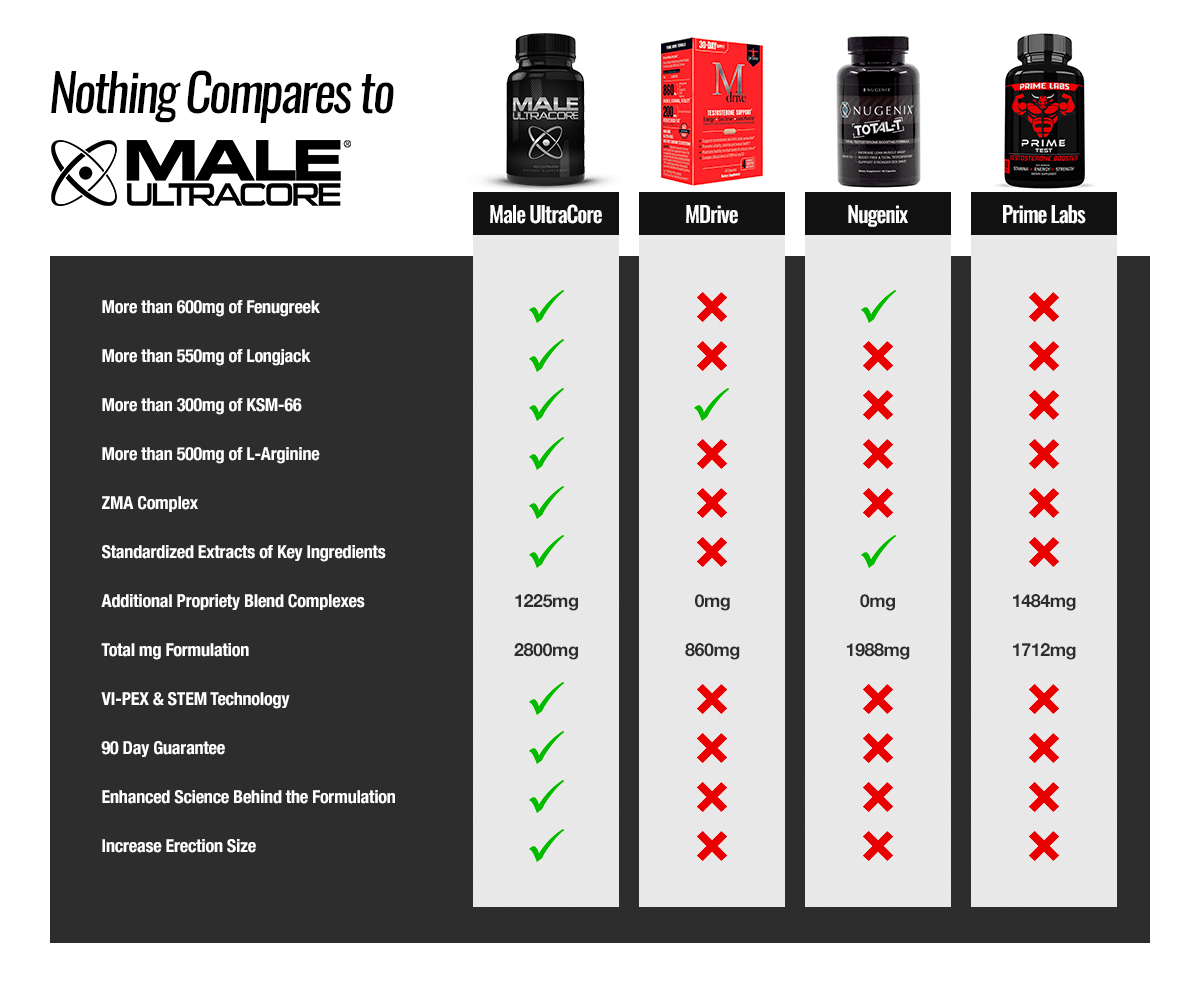You may be wondering how you happened to contract oral herpes when, as far as you can remember, you never kissed anyone or had sexual contact with anyone who has cold sores.
It’s entirely possible that you contracted the disease when you were still a child or someone who has herpes but doesn’t show any symptoms might have passed it on to you. Cold sores are not hereditary, but you could have acquired the disease when you were still in the womb or during your birth. Continue reading to learn more about neonatal herpes.
The Herpes Virus
The herpes simplex virus causes an infection that’s lifelong. The first type, HSV-1 or herpes simplex virus type 1, is the one that usually causes cold sores or oral herpes. The second type, HSV-2, is usually associated with genital herpes.
In truth, though, either type can cause oral and genital herpes, it will just depend on how you contracted the disease. For instance, if you had oral-to-oral contact with someone who has cold sores or even asymptomatic oral herpes, then you will most probably acquire oral herpes as well.
If, on the one hand, you gave oral sex to your partner when she had a breakout of genital herpes, you would acquire oral herpes caused by HSV-2. And if your partner is the one who has oral herpes and she gave you oral sex at a time when she had cold sores, then you would develop genital herpes caused by HSV-1.
The herpes virus is transmitted through direct skin contact with a herpes blister. You would also contract the disease if you had direct contact with infected bodily fluids such as saliva. This can happen if you kissed someone who had herpes blisters inside their mouth.
There’s also asymptomatic herpes viral shedding. This occurs when a person who is infected with the herpes virus sheds the virus without showing any symptoms. A lot of people who have herpes actually don’t go through cold sore outbreaks. However, they can still be contagious, especially when they are shedding the active virus.
Neonatal Herpes

When newborn babies acquire herpes, it can be very dangerous for them. Babies can catch the infection during delivery when they come into contact with herpes-infected fluids in the birth canal. Experts estimate that this is the cause of 85-90% of neonatal herpes cases.
A small percentage of newborns catch the herpes virus while they’re still in the womb. Approximately 10% of neonatal herpes cases are acquired after birth. This can happen when someone who has cold sores kisses the baby, or when the baby is held by someone who is going through asymptomatic viral shedding.
Complications of Neonatal Herpes
Because the immune system of newborn babies is not yet fully developed, several possible complications can happen when a newborn gets infected with the herpes virus. In adults, cold sores can be left untreated and they will just go away in a matter of days. When babies who catch the herpes virus are not treated, however, it can lead to death.
Herpes encephalitis can happen when the herpes virus travels to the baby’s brain and causes inflammation. Herpes encephalitis causes various symptoms such as seizures. Herpes encephalitis can also lead to loss of vision and hearing, as well as intellectual disabilities.
If the baby is not treated on time, herpes encephalitis may lead to death. In cases wherein the virus spreads to other internal organs like the lungs or liver, the mortality rate can be as high as about 30%.
Managing Childhood-Acquired Cold Sores
Although oral herpes can be very dangerous for newborns, the disease is not as deadly among older children and adults. If you happened to acquire oral herpes when you were still a child, chances are high that you already had your initial outbreak of cold sores.
The first outbreak can be accompanied by severe symptoms such as pain, inflammation, headaches, and muscle aches. Subsequent recurring outbreaks, however, tend to be accompanied by less severe symptoms. Here are some tips on how you can manage oral herpes symptoms.
Know your triggers
It may vary from one person to another, but cold sores are known to have various triggers. The herpes virus goes through an active phase and a dormant phase. Once the first cold sore outbreak is over, the virus becomes dormant. When triggered, the virus becomes active again.
Common cold sore triggers include exposure to sunlight, stress, and hormonal changes. Infections and other health problems that can weaken your immune system may also cause the herpes virus to reactivate.
You should try to find out what usually causes your cold sores to flare up again. Knowing what triggers your cold sore outbreaks can make it easier for you to prevent frequent cold sore outbreaks.
Keep your cold sore medication handy

Although you can leave your cold sores untreated, you will be able to shorten the healing process and prevent frequent recurring outbreaks if you take prescription oral antiviral medicines like valacyclovir. You can also use a cold sore cream that contains docosanol, which can help inhibit the virus.
The best way to fight a cold sore outbreak is to treat it as soon as you experience the warning signs. A cold sore flareup is usually preceded by an itching or tingling sensation near the area where your cold sores usually form.
As soon as you feel that itching sensation, take your cold sore medication right away. If you’re using a cold sore cream, apply it on the spot immediately.
Be mindful during sex
Yes, you can still enjoy sexual activities even when you or your partner has cold sores. You just need to be mindful and always remember to avoid direct skin contact with the herpes blisters. That means no kissing, and no oral sex either.
If you’re worried about your sexual performance, you can take Male UltraCore. This amazing male enhancement pill will help boost your libido and enhance your erection. Plus, Male UltraCore is also an excellent testosterone and sexual stamina booster.
Increase Your Testosterone Levels with Testosterone Boosters
Male UltraCore is a premium testosterone boosting supplement that is designed to maximize test levels, increase your performance and drive, and give you harder and fuller erections. 





